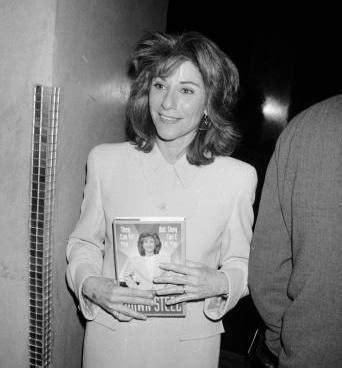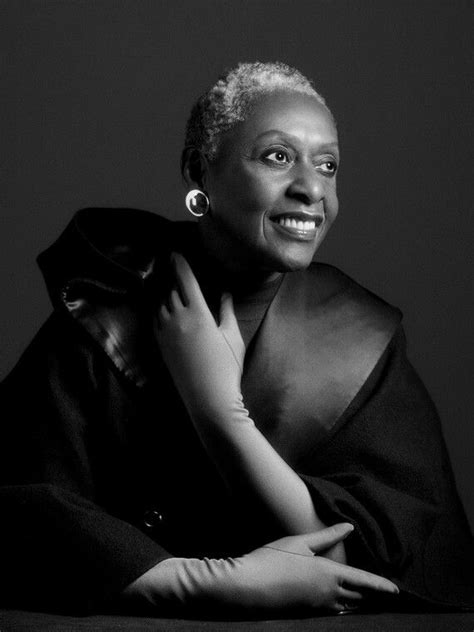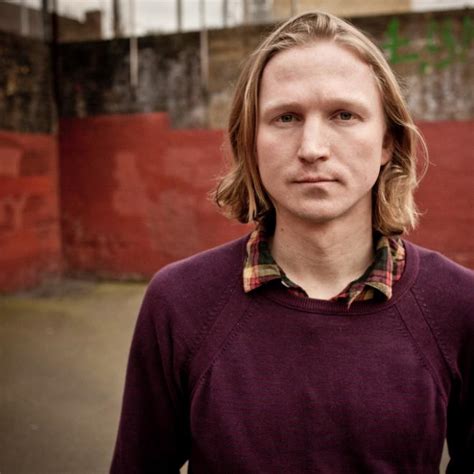A Quote by Mya
I'd like to be remembered as a good person, that gave as much as she could with what she had to give.
Related Quotes
I was the first person that had been so kind to Iman Abdulmajid. As time went on, and she became successful, signed with an agency, when she had to make big decisions, she wouldn't always talk to an agent, she'd ask me. I'd give her good advice and she'd be on her way. When I had ideas to do things like the Black Girls Coalition, I would always talk to her, she always loved my ideas. She trusts me.
...fact was she knew more about them than she knew about herself, having never had the map to discover what she was like. Could she sing? (Was it nice to hear when she did?) Was she pretty? Was she a good friend? Could she have been a loving mother? A faithful wife? Have I got a sister and does she favor me? If my mother knew me would she like me? (140)
She looked at his young face, so full of concern and tenderness; and she remembered why she had run away from everyone else and sought solitude here. She yearned to kiss him, and she saw the answering longing in his eyes. Every fiber of her body told her to throw herself into his arms, but she knew what she had to do. She wanted to say, I love you like a thunderstorm, like a lion, like a helpless rage; but instead she said: "I think I'm going to marry Alfred.
She couldn’t read his expression. As he started toward her, she recalled the way he’d seemed to glide through the sand the first time she’d ever seen him; she remembered their kiss on the boat dock the night of his sister’s wedding. And she heard again the words she’d said to him on the day they’d said good-bye. She was besieged by a storm of conflicting emotions—desire, regret, longing, fear, grief, love. There was so much to say, yet what could they really begin to say in this awkward setting and with so much time already passed?
Her first reaction was one of hope, because his eyes were open and shining with a radiant light she had never seen there before. She prayed to God to give him at least a moment so that he would not go without knowing how much she had love him despite all their doubts, and she felt an irresistible longing to begin life with him over again so that they could say what they had left unsaid and do everything right that they had done badly in the past. But she had to give in to the intransigence of death. (Love in the Time of Cholera)
She smiled. She knew she was dying. But it did not matter any longer. She had known something which no human words could ever tell and she knew it now. She had been awaiting it and she felt it, as if it had been, as if she had lived it. Life had been, if only because she had known it could be, and she felt it now as a hymn without sound, deep under the little whole that dripped red drops into the snow, deeper than that from which the red drops came. A moment or an eternity- did it matter? Life, undefeated, existed and could exist. She smiled, her last smile, to so much that had been possible.
Dena had always been a loner. She did not feel connected to anything. Or anybody. She felt as if everybody else had come into the world with a set of instructions about how to live and someone had forgotten to give them to her. She had no clue what she was supposed to feel, so she had spent her life faking at being a human being, with no idea how other people felt. What was it like to really love someone? To really fit in or belong somewhere? She was quick, and a good mimic, so she learned at an early age to give the impression of a normal, happy girl, but inside she had always been lonely.
She was a keen observer, a precise user of language, sharp-tongued and funny. She could stir your emotions. Yes, really, that's what she was so good at - stirring people's emotions, moving you. And she knew she had this power...I only realized later. At the time, I had no idea what she was doing to me.
...she could express her soul with that voice, whenver I listened to her I felt my life meant more than mere biology...she could really hear, she understood structure and she could analyze exactly what it was about a piece of music that had to be rendered just so...she was a very emotional person, Annette. She brought that out in other people. After she died I don't think I ever really felt anything again.
Oh diary, I love her, I love her, I love her so much. Jordana is the most amazing person I have ever met. I could eat her. I could drink her blood. She's the only person I would allow to be shrunk to microscopic size and explore me in a tiny submersible machine. She is wonderful and beautiful and sensitive and funny and sexy. She's too good for me, she's too good for anyone! All I could do was let her know. I said: "I love you more than words. And I am a big fan of words.
I shall never get out of this! There are two of me now: This new absolutely white person and the old yellow one, And the white person is certainly the superior one. She doesn't need food, she is one of the real saints. At the beginning I hated her, she had no personality- She lay in bed with me like a dead body And I was scared, because she was shaped just the way I was only much whiter and unbreakable and with no complaints. I couldn't sleep for a week she was so cold.
[Keeping kosher was] the symbol of an initiation, like the insignia of a secret brotherhood, that set her apart and gave her freedom and dignity. Every law whose yoke she accepted willingly seemed to add to her freedom: she herself had chosen . . . To enter that brotherhood. Her Judaism was no longer a stigma, a meaningless accident of birth from which she could escape . . . It had become a distinction, the essence of her self-hood, what she was, what she wanted to be, not merely what she happened to be.




































